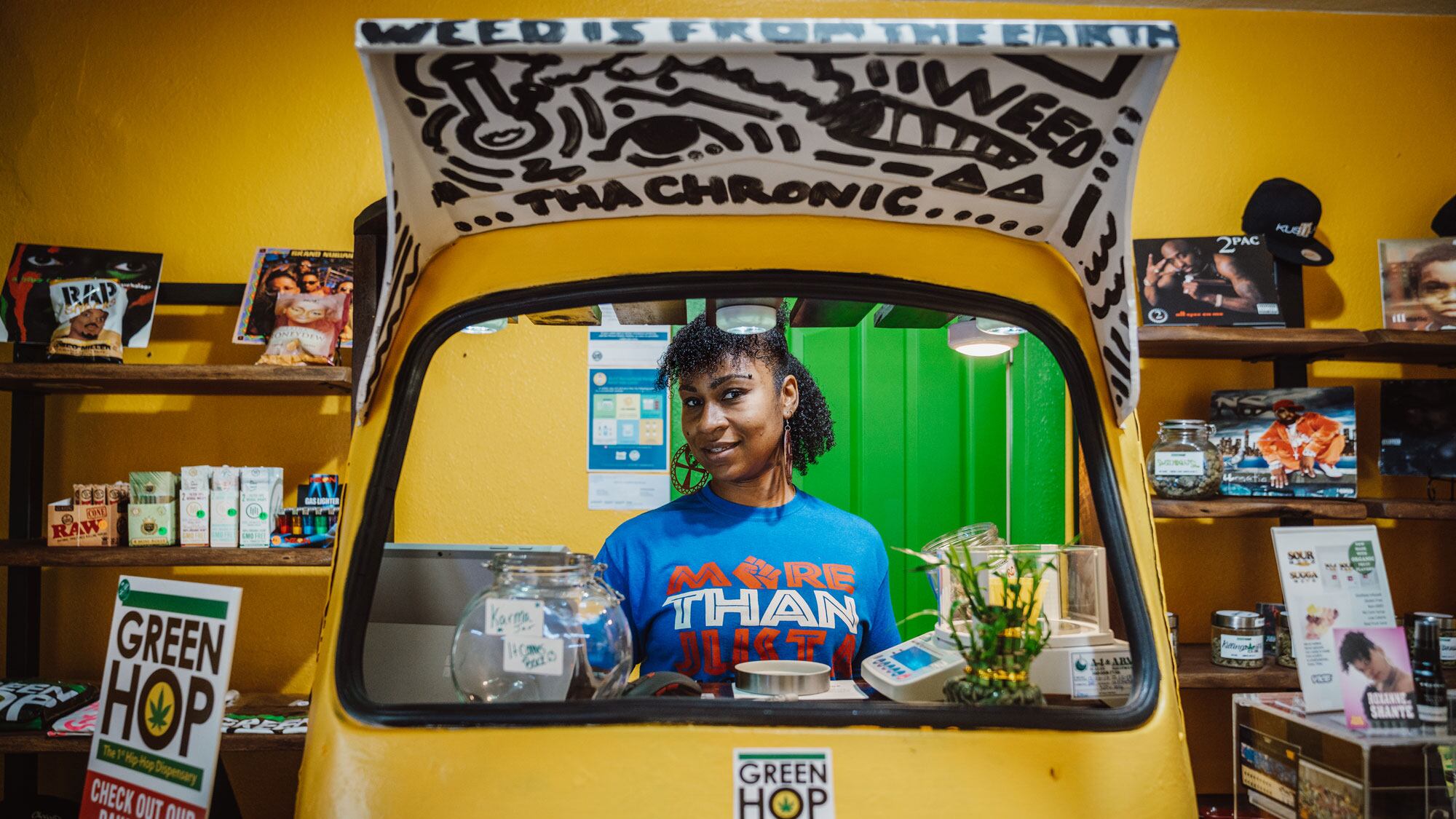A federal bill that would encourage banks to serve cannabis companies in states where pot is legal was voted through the U.S House of Representatives on Sept. 25.
U.S. Sen. Jeff Merkley wrote the Secure and Fair Enforcement (SAFE) Banking Act.
"Forcing businesses to operate in cash is an invitation to crime, money laundering, and robbery," Merkley said in a statement. "Whether you're for or against legal cannabis, we can all agree that we want our communities to be safe from fraud and crime."
If passed, the bill would prevent federal authorities from bogging down banks with financial hoops to jump through if they want to provide services for cannabis companies.
The bipartisan support for the act is a victory for a longtime champion of cannabis reform, U.S. Rep. Earl Blumenauer (D-Oregon). Last fall, he laid out a detailed strategy for House Democrats to get marijuana federally legalized by the end of 2019. Though it's unlikely his goal will be met in the next few months, the growing bipartisan support for cannabis legislation marks a new shift in an industry that for many years starkly split party lines.
"Since Oregon became the first state to decriminalize cannabis in the 1970's, I have been working to correct the disconnect between federal cannabis policy and the needs and wishes of the American people," Blumenauer said in a statement. He added, "It is time for action to get federal policy aligned with what the American public needs, and what forty-seven states have done to legalize some form of cannabis."
Since the staccatoed legalization of cannabis in states began, banks have been concerned about allowing an industry not federally legalized to use their banking services. This leaves cannabis companies to keep all their financial holdings and business deals in the form of cash—which, according to a statement from Merkley's office, "[creates] a dangerous situation for these businesses, their employees, and surrounding communities."
Meghan Walstatter, who owns a cannabis shop in Northeast Portland called Pure Green, says she got kicked out of nine different banks in Oregon before she found one that would consistently support her. She's been with Maps Credit Union since 2016.
"I don't want to pay my employees in cash, I don't want to deal with cash management, I don't want to make tax payments in cash, I want to be able to write a check like everybody else," says Walstatter. "I have way too much going on to try and work the system."
In 2015, a Gresham-based bank became the first bank in the state to allow cannabis growers and manufacturers to open checking accounts. But shortly after, they announced they had ended all the cannabis accounts – roughly 75 – due to demanding federal compliance requirements for banks housing cannabis money.
The bill, which Merkley calls a "common sense fix", now moves to the Republican-controlled Senate—where it's chances of passage are less certain.
"While we continue to work to address broader issues related to the harmful legacy of cannabis prohibition across the country, I am hopeful that we can get the [act] moving quickly through committee, to the Senate floor, and ultimately, to the President's desk," Merkley said.

